Photographs and videos are more complicated goods than bananas. Nevertheless, they are produced, traded and consumed. They are goods that are used to make profit in various ways. And as in many other areas of economic activity, the creation of value between the Global North and South is characterised by a disparity. Production conditions, price structure, appreciation, sustainability, impact: the commodity of the “image” is still deeply trapped in (post-)colonial patterns of thought, economy and action.
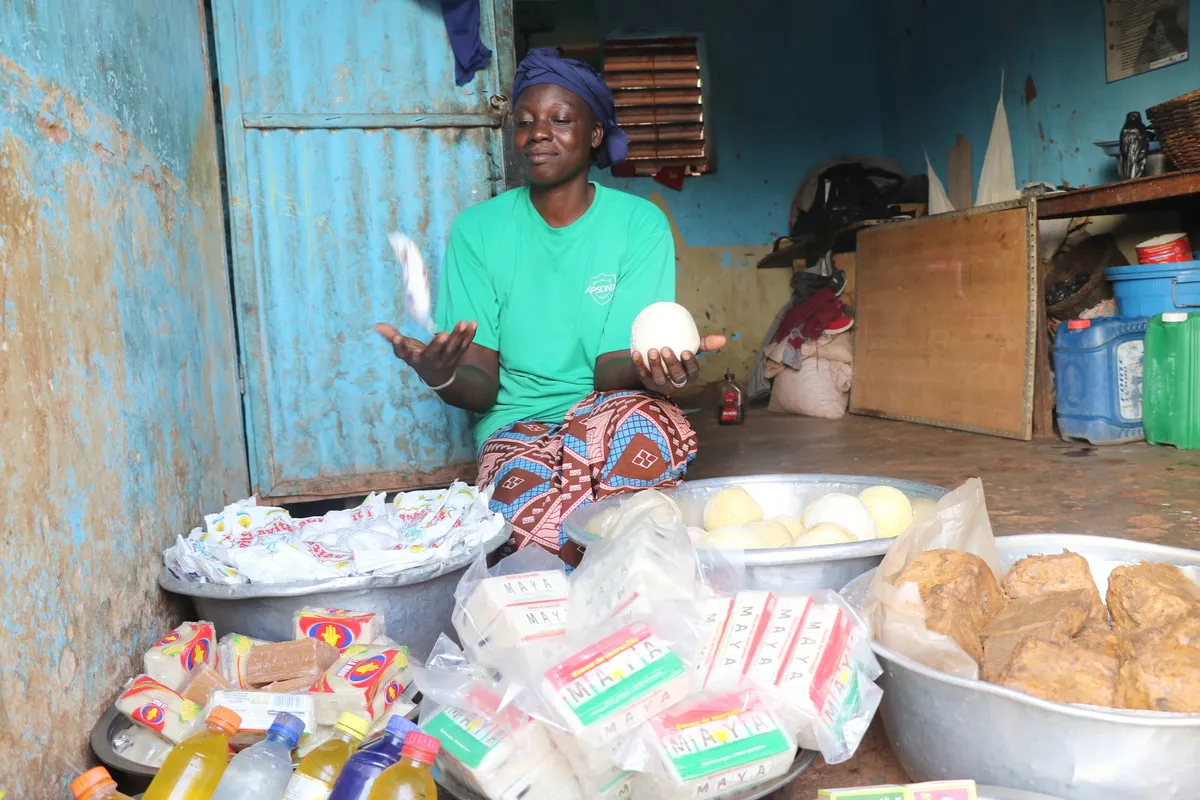
©Warren Saré / Solidar Suisse / Fairpicture
Images have an effect and shape ways of thinking. In his book “Decolonising the Camera”, British curator Mark Sealy describes how the practice of Western photography contributes to the construction of a supremacist “visual regime”. It is a mindset that resonates in and is confirmed by visual communication about the Global South to this day. Poor, dependent, unable to act, violent, corrupt—these and other stereotypes are still intensively served in visual communication about the Global South. If one describes impact in terms of development cooperation as the long-term effect of a measure, then the effect of (post-)colonial photography undermines the UN’s Sustainable Development Goals. And more than that: it has a direct discriminatory effect on the individual level. Fairpicture wants to change this impact of visual communication and anchor the ‚fair picture‘ as an object with verifiable characteristics.
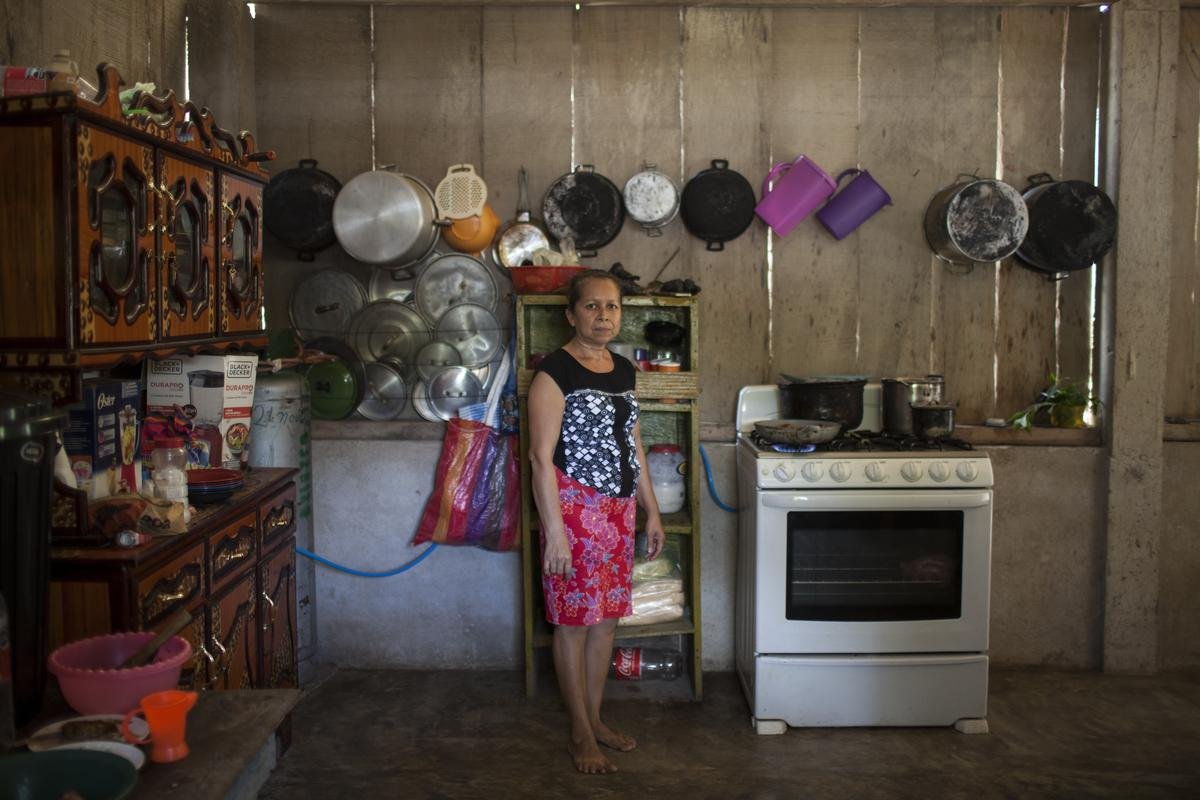
10 February 2021. Olga Yanet Ramírez from El Mollejón in Guatemala is proud of her kitchen. She and her husband worked hard for a cooker and a crockery cupboard. During the big floods last year, they brought both to safety on the roof of their house.
©Sandra Sebastian / Diakonie Katastrophenhilfe / Fairpicture
“Rush in, rush out”: Western photographers in the Global South, usually unfamiliar with the place, culture and language, get what they think are the best motifs in the shortest possible time. Local photographers and video journalists are often reduced to assistants scouting stories and establishing local contacts. In his film “Stop filming us”, Joris Postema subjects this practice to a radical critique. In the spirit of a sustainable global communication policy, Fairpicture advocates that the professional structures for visual storytelling on the ground can continue to grow and be strengthened through the consistent use of local image makers.
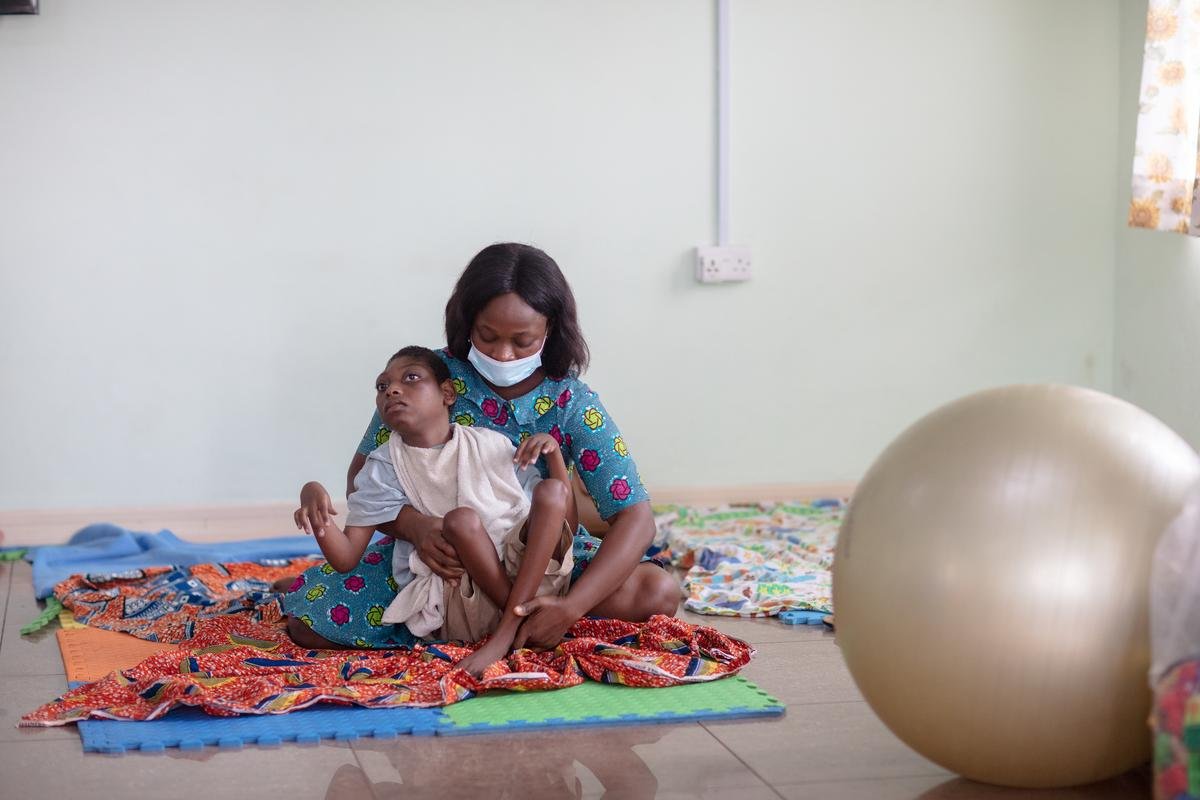
©Francis Kokoroko / Sternsinger / Fairpicture
In the West, there is still widespread scepticism about the professionalism of photographers from the Global South—despite the large number of outstanding professional photographers in practically every country in the world. This lack of appreciation is not only reflected in the expectation of low fees but also in the available infrastructure: cameras, lenses and powerful computers have a globally standardised price that many photographers in the Global South can hardly afford. Fairpicture is committed to ensuring that work in visual communication is fairly remunerated with globally valid fee rates.
Picture on the left: 2021, physiotherapist Esther Ntsiful (27) in therapy with Cyril Sackitey (10), a boy with cerebral palsy at the CP department of the Orthopaedic Training Centre (OTC) in Adoagyiri, Ghana.
Jörg Arnold, Fairpicture
The people photographed are acting subjects with the right to their own image and the right for protection of their personality. Staging, alienation and image manipulation are violations of personal integrity and are particularly problematic when there are power imbalances and dependencies—such as in aid projects. Therefore, the “informed consent” of the protagonists is mandatory. In addition, every picture must always provide information about the context in which it was taken. Fairpicture creates fair production conditions that are characterised not only by respect and decency but also by respect for the rights of those photographed and by transparency.
Images are goods that are produced, traded and consumed. Fairpicture wants to achieve that fairness becomes a basic principle of this value chain. The “fair picture” should be given a verifiable label that protects the personal integrity of the people depicted, fair payment of the photographers and the unmanipulated image, thus strengthening consumers‘ trust in visual communication. This is the mission that Fairpicture will implement in the coming years.
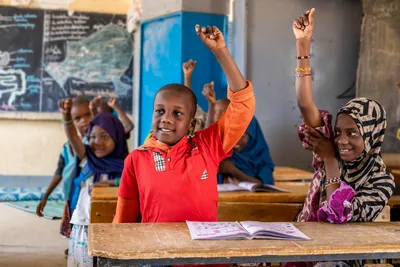
March 2024 - SOS-Kinderdorf Schweiz
Explore how SOS-Kinderdorf Schweiz and Fairpicture collaborated to document the transformative impact of family-strengthening programs in Diffa, Nige through ethical photography and videography.
Learn more about Child protection and education in Diffa

March 2024 - Swiss Re Foundation
Impact Story with photos and video about restoring oyster reefs to New York Harbor.
Learn more about Fairpicture in New York
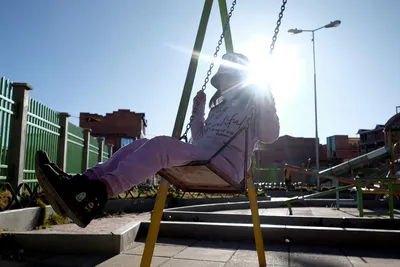
June 2023 - EIRENE
Create powerful images for fundraising purposes without showing the identity of the protagonists. In this case study an creative approach to achieve this goal.
Learn more about Photos for Ethical Fundraising